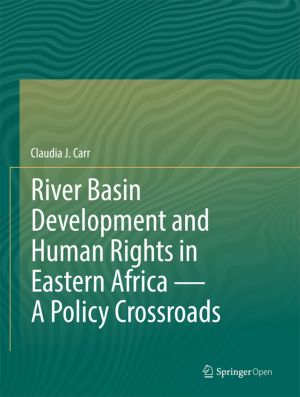
This book offers a devastating look at deeply flawed development processes driven by international finance, African governments and the global consulting industry. It examines major river basin development underway in the semi-arid borderlands of Ethiopia, Kenya and South Sudan and its disastrous human rights consequences for a half-million indigen...
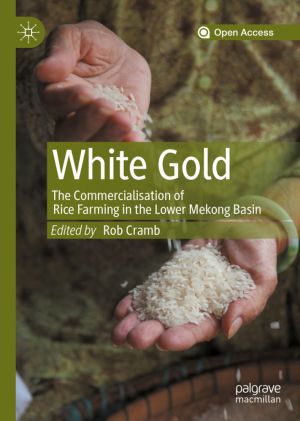
This open access book is about understanding the processes involved in the transformation of smallholder rice farming in the Lower Mekong Basin from a low-yielding subsistence activity to one producing the surpluses needed for national self-sufficiency and a high-value export industry. For centuries, farmers in the Basin have regarded rice as "...
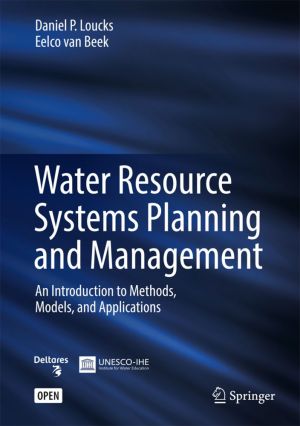
This revised, updated textbook presents a systems approach to the planning, management, and operation of water resources infrastructure in the environment. Previously published in 2005 by UNESCO and Deltares (Delft Hydraulics at the time), this new edition, written again with contributions from Jery R. Stedinger, Jozef P. M. Dijkman, and Monique T...
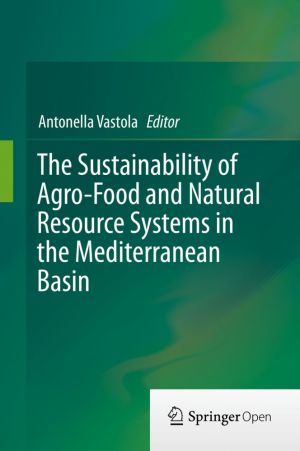
This book is focused on the challenges to implement sustainability in diverse contexts such as agribusiness, natural resource systems and new technologies. The experiences made by the researchers of the School of Agricultural, Forestry, Food and Environmental Science (SAFE) of the University of Basilicata offer a wide and multidisciplinary approach...
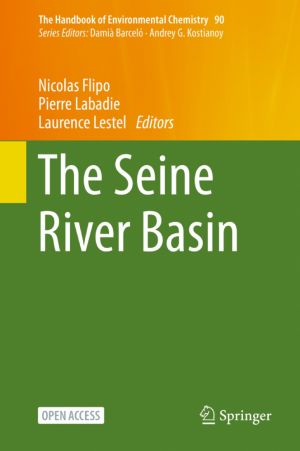
This open book reviews the water-agro-food and socio-eco-system of the Seine River basin (76,000 km2), and offers a historical perspective on the river's long-term contamination. The Seine basin is inhabited by circa 17 million people and is impacted by intensive agricultural practices and industrial activities. These pressures have gradually ...
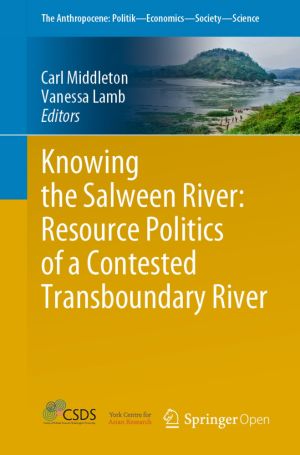
This book focuses on the Salween River, shared by China, Myanmar, and Thailand, that is increasingly at the heart of pressing regional development debates. The basin supports the livelihoods of over 10 million people, and within it there is great socio-economic, cultural and political diversity. The basin is witnessing intensifying dynamics of reso...
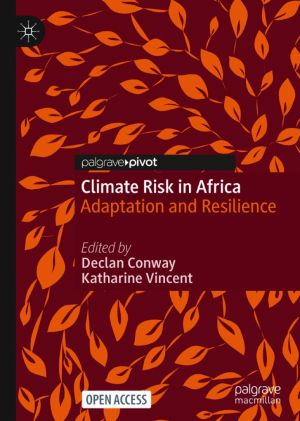
This open book highlights the complexities around making adaptation decisions and building resilience in the face of climate risk. It is based on experiences in sub-Saharan Africa through the Future Climate For Africa (FCFA) applied research programme. It begins by dealing with underlying principles and structures designed to facilitate effective e...
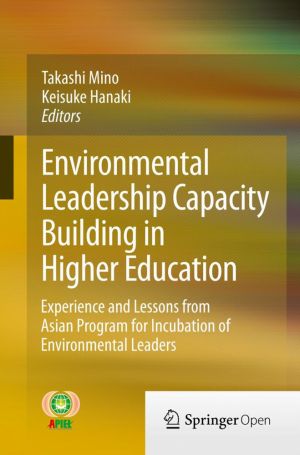
The Graduate Program in Sustainability Science under the Department of Urban Engineering of The University of Tokyo has been running an environmental leadership education program at the graduate student level since 2007 called the Asian Program for Incubation of Environmental Leaders (APIEL). This book describes the University's experiences in...
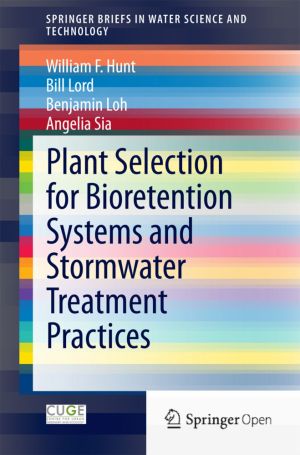
As cities develop, more land is converted into impervious surfaces, which do not allow water to infiltrate. Careful urban planning is needed to ensure that the hydrologic cycle and water quality of the catchment areas are not affected. There are techniques that can attenuate peak flow during rain events and reduce the amount of metals, nutrients, a...
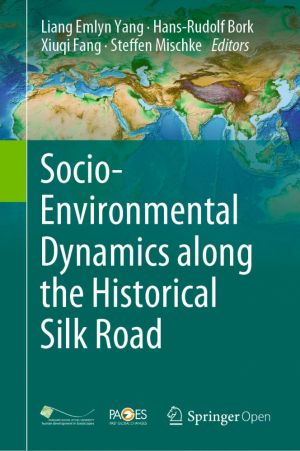
This book discusses socio-environmental interactions in the middle to late Holocene, covering specific areas along the ancient Silk Road regions. Over twenty chapters provide insight into this topic from various disciplinary angles and perspectives, ranging from archaeology, paleoclimatology, antiquity, historical geography, agriculture, carving ar...
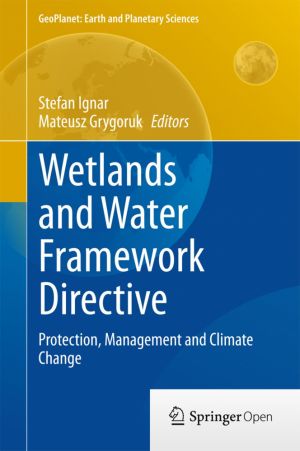
This book compares the lessons learned from a wetland-perspective approach to the changing climate and the requirements of the Water Framework Directive (WFD) with regard to environmental conservation. Examples from Germany and Poland are discussed due to the efficiency of their respective implementations of water conservation policies. Although th...
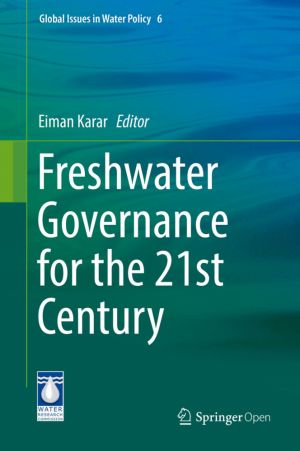
The objective of this book is to broadly illustrate the key aspects of water governance, mapping the spectrum of decision-making from techno-centric and eco-centric approaches, to hybrid concepts and people-centric approaches. Topics covered include the challenges for water-governance models, the polycentric model, the integration challenge, water ...
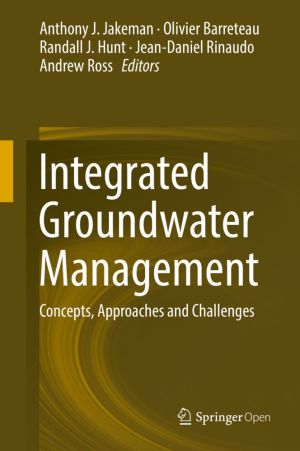
The aim of this book is to document for the first time the dimensions and requirements of effective integrated groundwater management (IGM). Groundwater management is a formidable challenge, one that remains one of humanity's foremost priorities. It has become a largely non-renewable resource that is overexploited in many parts of the world. I...
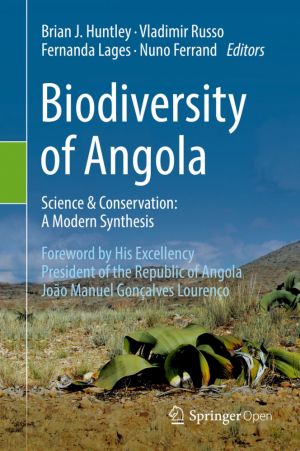
This book presents a 'state of the science' synthesis of knowledge on the biodiversity of Angola, based on sources in peer-reviewed journals, in books and where appropriate, unpublished official reports. The book identifies Angola as one of the most biologically diverse countries in Africa, but notes that its fauna, flora, habitats and th...
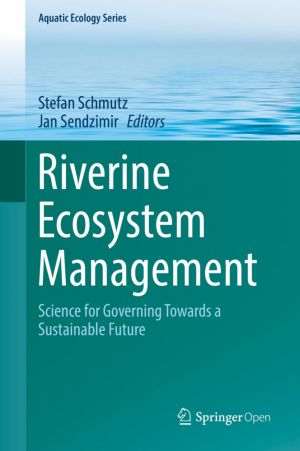
This book surveys the frontier of scientific river research and provides examples to guide management towards a sustainable future of riverine ecosystems. Principal structures and functions of the biogeosphere of rivers are explained; key threats are identified, and effective solutions for restoration and mitigation are provided. Rivers are among ...
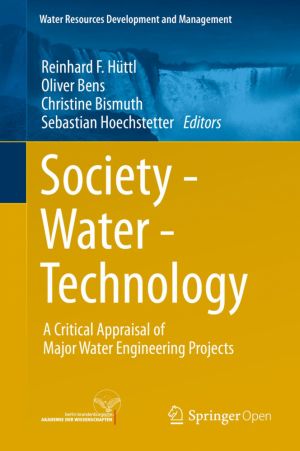
This book presents the results of the Interdisciplinary Research Group "Society – Water – Technology" of the Berlin-Brandenburg Academy of Sciences and Humanities. It describes interdisciplinary evaluation criteria for major water engineering projects (MWEPs) and portrays an application to the Lower Jordan Valley (Middle East) and th...
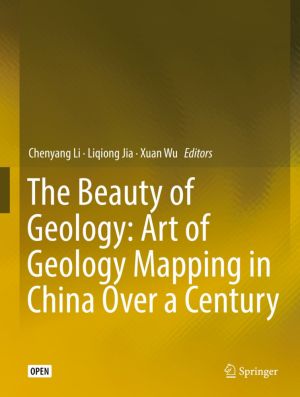
This book contains a collection of rare geologic maps and figures made by Chinese geologists in the last century. Preserved in National Geological Archives of China, these artworks demonstrate the development and innovation of geological mapping technology in China in the past 100 years. The collections are highly scientific and artistic, with most...
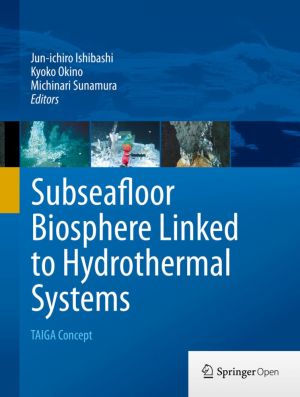
This book is the comprehensive volume of the TAIGA ("a great river " in Japanese) project. Supported by the Japanese government, the project examined the hypothesis that the subseafloor fluid advection system (subseafloor TAIGA) can be categorized into four types, TAIGAs of sulfur, hydrogen, carbon (methane), and iron, according to the ...
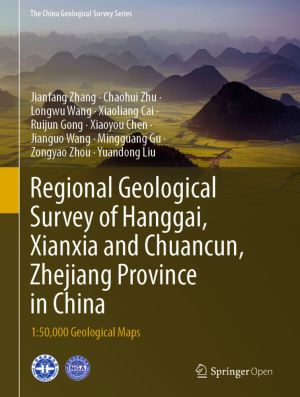
This book introduces readers to the regional geology of Hanggai, Xianxia and Chuancun, the area between China's northern Zhejiang Province and southern Anhui Province and explores the strata, magmatic rocks and tectonic structures in 1:50,000 scale geological maps. Based on studies of multiple stratigraphic divisions, the standard stratigraphi...
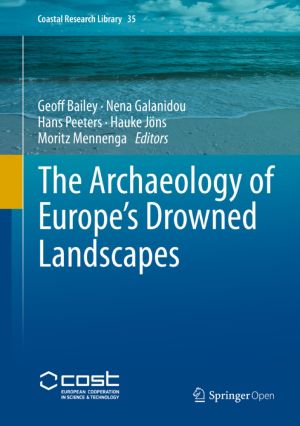
This open access volume provides for the first time a comprehensive description and scientific evaluation of underwater archaeological finds referring to human occupation of the continental shelf around the coastlines of Europe and the Mediterranean when sea levels were lower than present. These are the largest body of underwater finds worldwide, a...
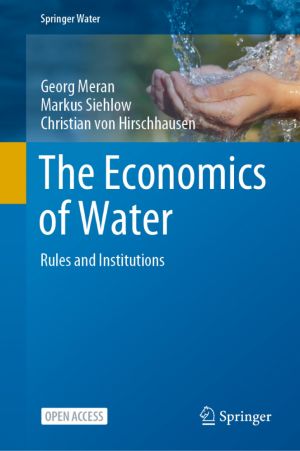
This open book provides a concise introduction to economic approaches and mathematical methods for the study of water allocation and distribution problems. Written in an accessible and straightforward style, it discusses and analyzes central issues in integrated water resource management, water tariffs, water markets, and transboundary water manage...
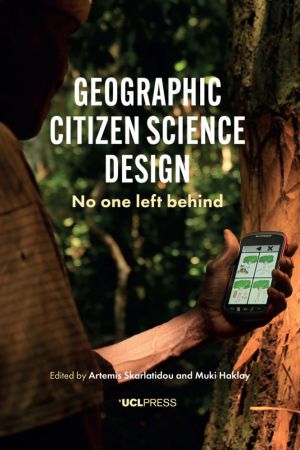
Little did Isaac Newton, Charles Darwin and other 'gentlemen scientists' know, when they were making their scientific discoveries, that some centuries later they would inspire a new field of scientific practice and innovation, called citizen science. The current growth and availability of citizen science projects and relevant applications...
